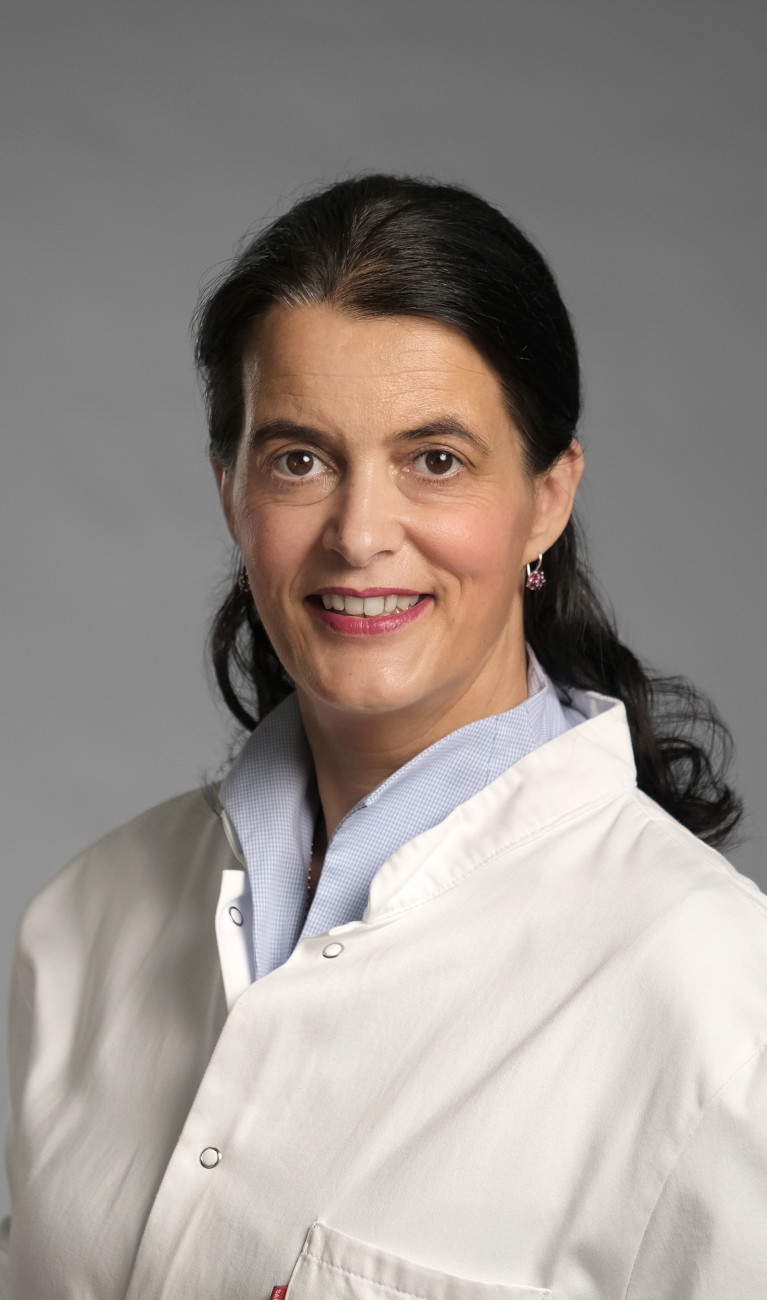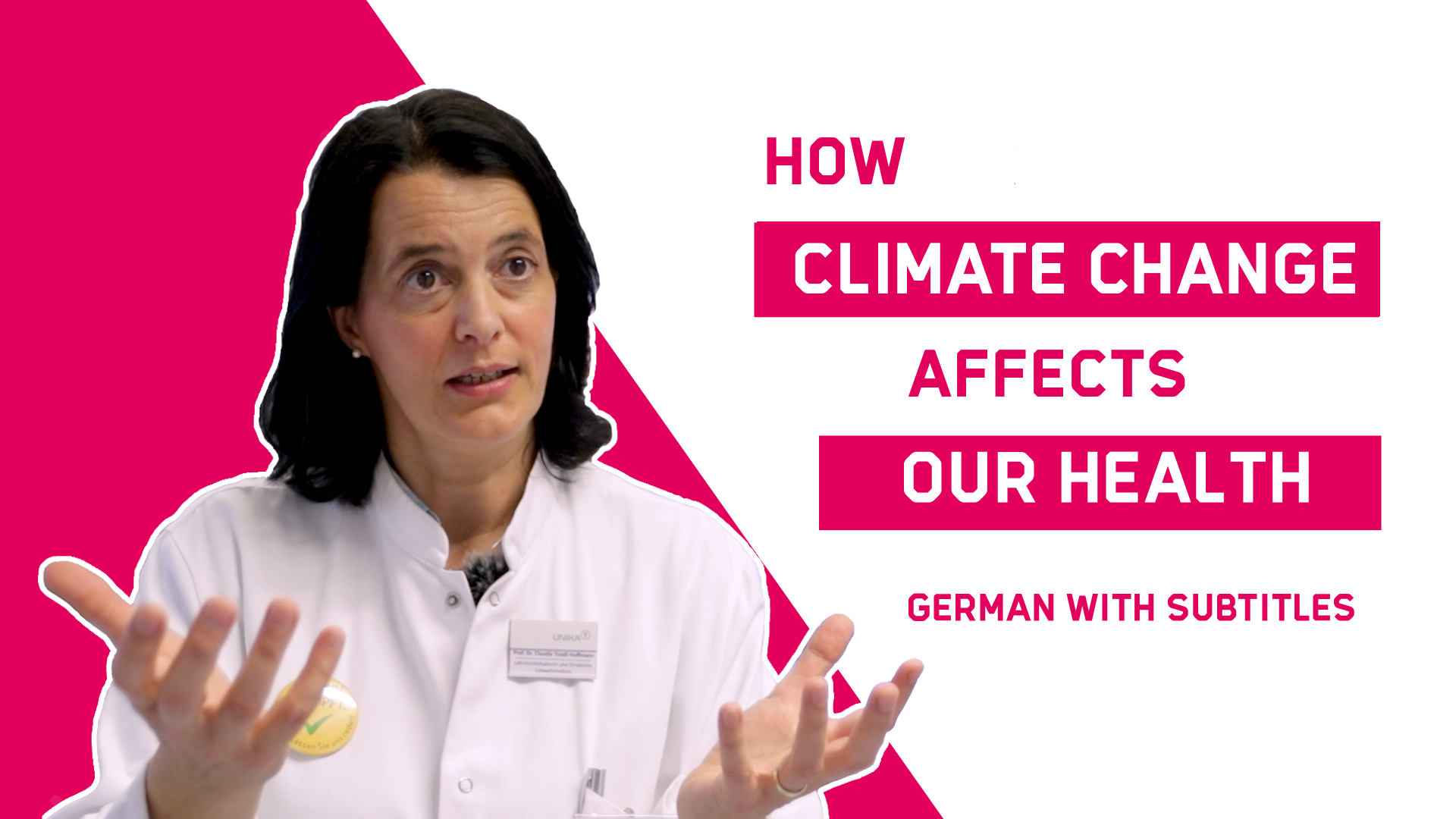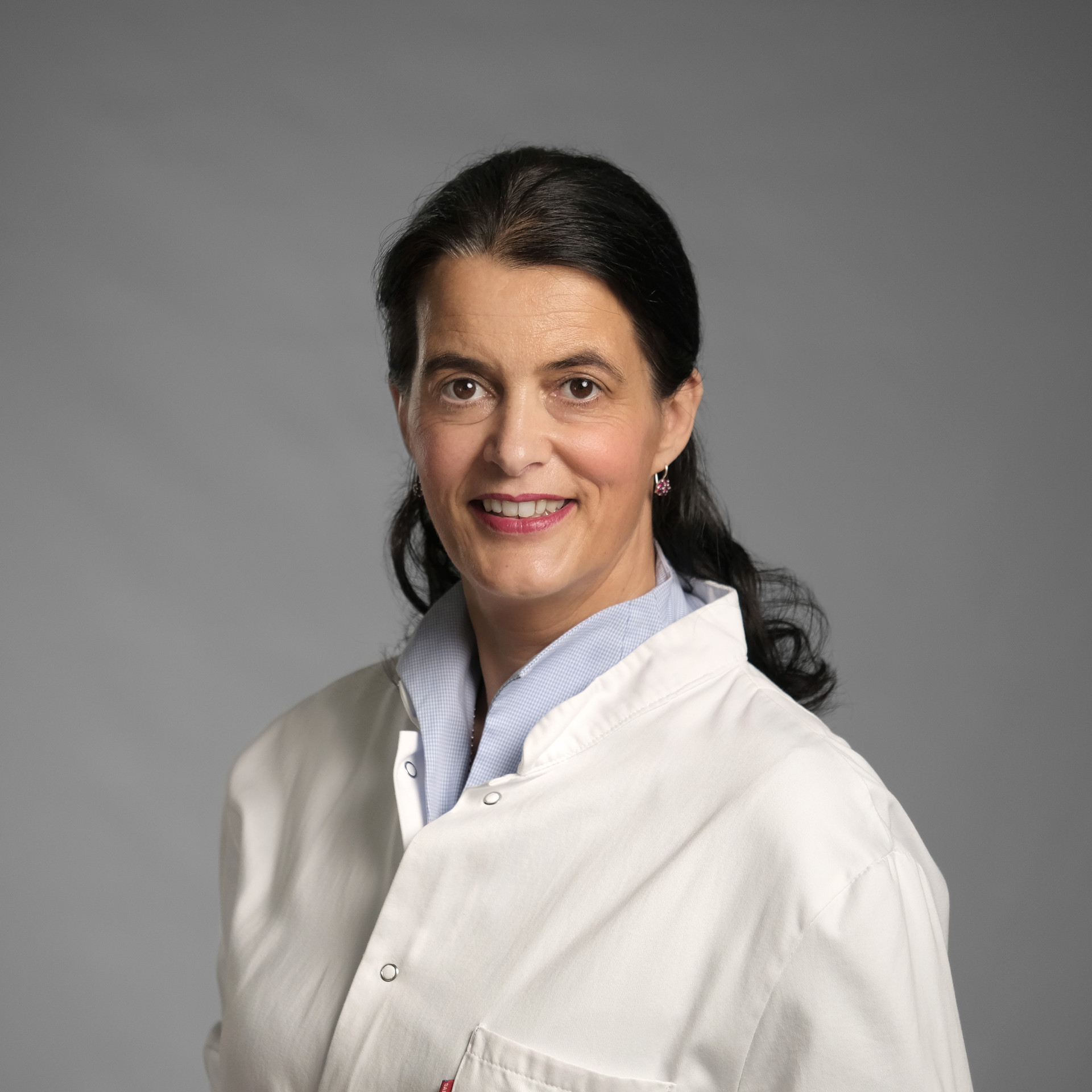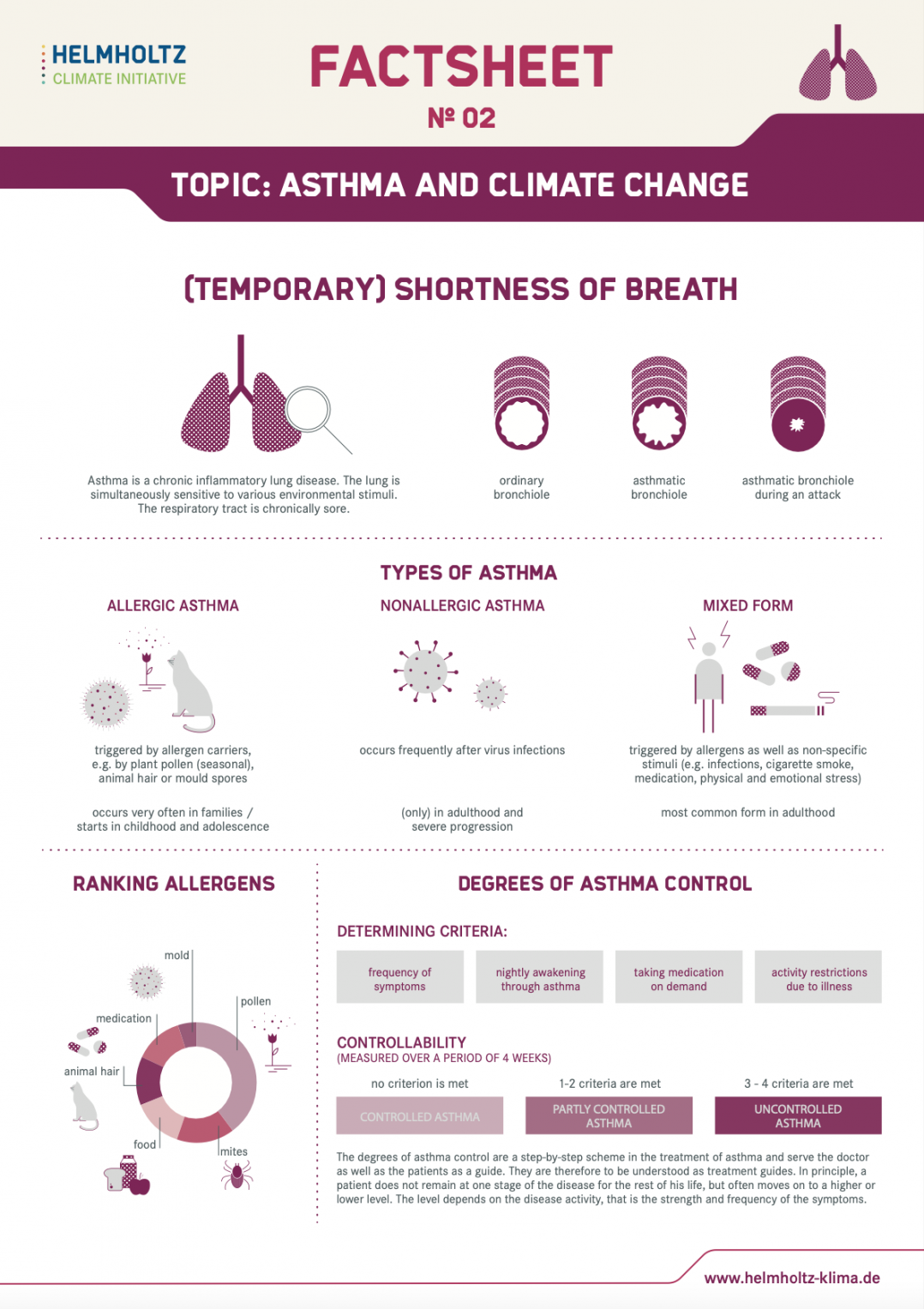„We are researching a more precise early-allergy-warning“


For many people who suffer from an allergy, climate change makes life even more difficult. Take pollen allergy, for example: the season starts much earlier because of the mild winters, the pollen count is usually higher - and lasts longer. Even extreme weather conditions can lead to severe allergies, for example for those suffering from asthma.
In the Helmholtz Climate Initiative, medical professional Claudia Traidl-Hoffmann and geographer Daniela Bayr are jointly looking for ways to improve prevention and early warning systems for allergy sufferers.
Ms. Traidl-Hoffmann, Ms. Bayr, in industrialized countries worldwide allergies are increasing. Most allergy sufferers think that their hay fever, neurodermatitis or asthma is more or less genetic. That is to say: if the parents have it, the children will have it later. But obviously, there are other factors that greatly favor allergies?


Claudia Traidl-Hoffmann: Of course, the genetic predisposition plays an important role. But allergies have had an exponential rise in recent decades. So if allergies were only genetic, our genes as well would have changed a lot. Therefore, when we speak of ,genetics’, we must also speak of ‘epigenetics’ . It describes the interplay between genome and environment. Our DNA is relatively stable and constant. On the other hand, environmental influences can lead to changes by switching existing genes on and off. To stick to your example: If children inherit a predisposition to atopic dermatitis from their parents, it is perfectly possible that it cannot be found in the grandparents' generation, because the gene causing the disease was not yet active there.
Which environmental influences are we talking about above all?
Traidl-Hoffmann: In the last decades the way of life, especially in the industrialized countries, has changed significantly. This includes a partially one-sided diet with fast food and less fresh products directly from the producer, less regular movement in contact with nature and poorer air quality due to strong industrialization. According to studies, scientists clearly see a connection between such factors and a growing number of allergy sufferers.
Daniela Bayr: Even an accumulation of certain weather conditions seems to increase allergies. It is assumed that climate change will lead to even tougher times for allergy sufferers. In fact, it can already be felt that milder winters lead to an earlier, sometimes higher and overall longer lasting pollen count. Many allergy sufferers already suffer from the typical symptoms in December. In addition: constant winds from the same direction blow pollen in regions where they are actually not in season at the time - ,long distance transport’ is the technical term for this. In addition, certain weather situations, such as thunderstorms, can affect asthma. We are currently researching this for the Augsburg region.


Can you tell us a little more about it?
Bayr: The starting point of my research is the so-called Thunderstorm Asthma Event that took place in Melbourne and the surrounding area in Australia in 2016. At that time there were exceptionally strong thunderstorms. As a result, the number of asthma emergency patients requiring hospital treatment has increased rapidly. Emergency medical care was pushed to the limit and ten deaths occurred. At the other end of the world, in London, a similar event was observed at a different time. There are also reports from Iran, Italy and Canada. Such phenomena seem to occur worldwide and are also possible for Germany.
Why do thunderstorms worsen Asthma?
Bayr: Not every thunderstorm does this to the same extent: Some have very strong winds - which is rather bad for allergy sufferers. Others are dominated by heavy rainfall - this minimizes the pollen concentration. At the thunderstorm asthma event in Australia, it is assumed that various things came together and had this devastating effect: Firstly, a high pollen concentration mainly of grasses, then very strong winds during the thunderstorm and an increased particulate fine dust pollution. Both London and Melbourne are megacities with industry - that would explain the fine dust pollution.
As climate change progresses, will such factors co-occur more often?
Bayr: Allergy sufferers therefore need a better and more detailed early warning system in order to temporarily avoid certain regions or to be able to prepare themselves for medication in good time - for example if they want to travel to certain regions on vacation. I'm not only interested in thunderstorms, but also other weather conditions that could affect the aeroallergens. We are researching how the observation of weather conditions and pollen concentration can provide a more precise early warning for allergy sufferers than conventional pollen calendars. The fact that we work in an interdisciplinary team is ideal because it brings together the expertise of me as a geographer with statistical and meteorological knowledge and the expertise of biologists, immunologists, social scientists and doctors.
Wouldn't it be much easier to give allergy sufferers a therapy like hyposensibilization?
Traidl-Hoffmann: This exactly is the solution in many cases and I also implement this for my patients. The problem is that such immunization, which extends over a few years, is being offered less and less by doctors. In the past, it was the first choice of trained medical professionals. But the substances required for the injections are expensive to manufacture - and the doctors receive a comparatively poor remuneration for it. Above all, however, there are fewer and fewer doctors who can carry out hyposensibilization.
Why that?
Traidl-Hoffmann: In the meantime, the subject of allergology has been removed from the canon of specialist training. Together with the specialist allergy societies, we fear that the quality of health care will suffer by this. And since we have more than 30 million allergy sufferers in Germany, we have to be very good to ensure these people's quality of life and at the same time keep them fit at work and capable of learning at school. In short, we cannot afford allergy on a socio-economically scale. And since we cannot stop climate change overnight, our focus must be on prevention or an early warning system.




